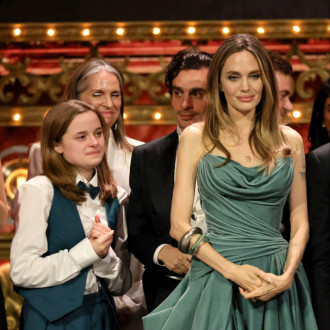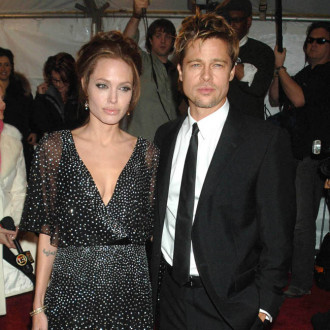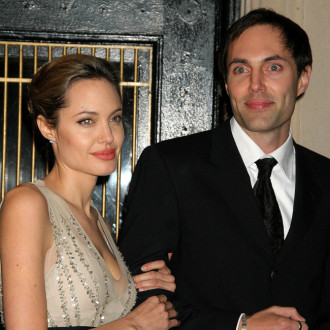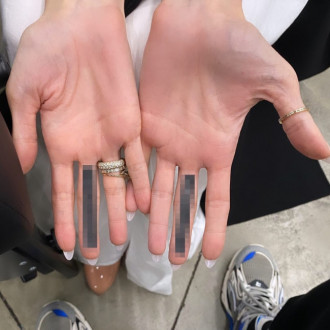Angelina Jolie’s Highly Publicised Cancer Prevention Surgery Has Increased Awareness, Study Shows
By Elinor Cosgrave in Lifestyle / Showbiz on 29 September 2015
A recently published Austrian study has shown the publicity surrounding Angelina Jolie’s cancer prevention surgery has raised awareness of different surgery options.
Angelina Jolie is a woman of many talents: not only is she a hugely successful actor and director, she’s a UN ambassador and a woman who has done her upmost to raise awareness of the risks of cancer to those who carry the BRAC1 gene. Her mission to raise awareness, including publicising her decision to undergo a double mastectomy in 2013, has been successful, the results of a recently published study show.
 Angelina Jolie at the 20th Annual Critics' Choice Movie Awards in Los Angeles, January 2015.
Angelina Jolie at the 20th Annual Critics' Choice Movie Awards in Los Angeles, January 2015.
The impact of Jolie’s upfront approach has been speculated about in the media but now a study from Austria shows how Jolie’s actions and the publicity surrounding them have raised awareness and encouraged more women to consider different surgery options including mastectomies and breast reconstruction, primarily reconstructive surgery involving a woman’s own fat tissue (as opposed to synthetic breast implants).
The 40-year-old Unbroken director has continually made headlines since 2013 when she revealed, in a powerful op-ed in the New York Times, that she had tested positive for the BRAC1 gene and had decided to undergo preventative surgery. The gene greatly increases the risk of developing breast and ovarian cancer in women who inherit it. Jolie had watched the suffering of three of her family members – her grandmother, mother and aunt -as they battled but eventually succumbed to cancer and she made the decision to undergo cancer prevention treatment. She underwent a double mastectomy and later the same year had reconstructive breast surgery.
In March of this year, Jolie penned another op-ed in which she revealed she had undergone an oophorectomy (surgery to remove her ovaries) after tests showed early signs of ovarian cancer. The surgery brought on early menopause despite hormone treatment to prevent it.
The study, published in the journal Cancer, shows the impact of the media on women’s awareness of cancer prevention surgeries. The recently published study compares a study carried out a month before Jolie’s announcement and another undertaken a month after.
The study shows how, after Jolie’s announcement, an increased number of the 1000 women taking part in the study (just under 4%) were aware of the possibility of having reconstructive breast surgery after a mastectomy (92.6% up from 88.9% in the first study).
Furthermore, as Fox reports, there is evidence of an increased awareness of reconstructive breast surgery using a patient’s own fat tissue rather than synthetic implants (59.5% up from 40.5% in the first study).
On a personal, rather than medical, level Jolie’s announcement also shows how her op-eds and the publicity surrounding her decisions had enabled many of the women (one fifth) in the second study to "deal more intensively with the topic of breast cancer."
Read More: Angelina Jolie Is Executively Producing The Breadwinner.
Contactmusic
Movies and Trailers

Kung Fu Panda 3 Movie Review
This animated trilogy concludes on a very high note with this smart, involving and often...

By the Sea Movie Review
For their first on-screen partnership since Mr & Mrs Smith a decade ago, Brad Pitt...

Kung Fu Panda 3 Trailer
Po and The Furious Five return in Kung Fu Panda 3! Po might now be...

By The Sea - Gimme Shelter Featurette Trailer
Angelina Jolie and Brad Pitt talk about the unusual situation of playing a married couple...

By The Sea - Teaser Trailer
It's the 1970s and Roland and Vanessa are an outwardly respectable married couple, struggling to...

Kung-Fu Panda 3 - Teaser Trailer
Po the giant panda may be ever increasing his prowess at kung-fu, but he still...

Unbroken Movie Review
With a true story that's almost hard to believe, this inspiring biographical drama is made...
Advertisement

Unbroken Trailer
Louis Zamperini (Jack O'Connell) is a rebel. His constant fights and reckless behaviour cause more...

Unbroken Trailer
Louis Zamperini has learned to fight tooth and nail for what he believes in all...

Maleficent Movie Review
Disney rewrites its own history again with this revisionist version of its 1959 classic Sleeping...

Maleficent Trailer
'Maleficent' stars Angelina Jolie and Elle Fanning talk about the upcoming fairytale movie alongside screenwriter...

Maleficent Trailer
Maleficent is a cruel sorceress who will stop at nothing to destroy those who have...

Unbroken Trailer
Louis Zamperini may have been a wayward child, constantly getting into trouble with the local...

Maleficent - Teaser Trailer Trailer
Maleficent is a merciless sorceress who dubs herself the 'Mistress of All Evil'. But she...
Advertisement














